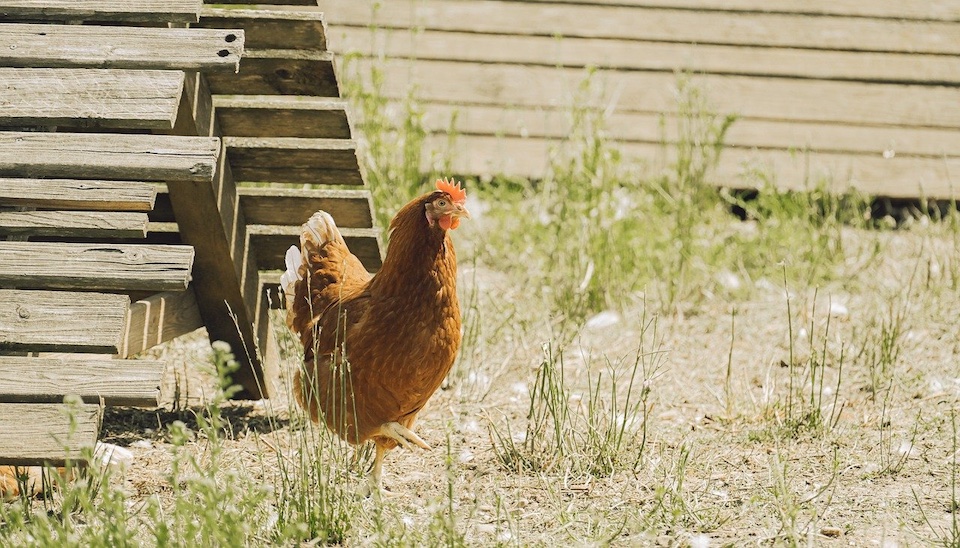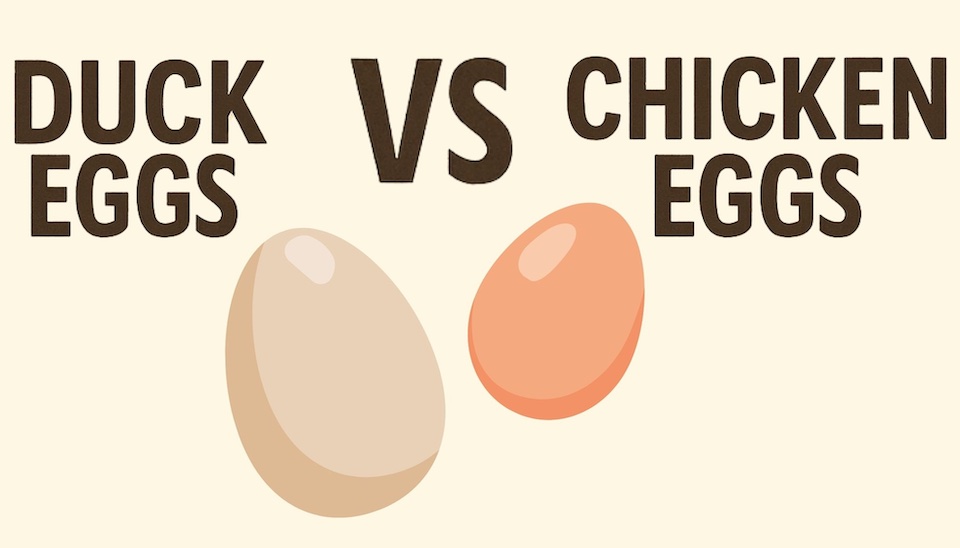How Much Water Do Chickens Need?
How Much Water Do Chickens Need? Expert Tips for Keeping Your Flock Hydrated
Making sure your chickens have plenty of fresh water is one of the most important things you can do for their health.
On average, an adult chicken drinks about 500 ml of water each day, but this can change depending on the weather, their age, and what they eat. For instance, a young chick around 30 days old usually drinks about 150 ml daily. During the hot Australian summers, chickens might drink twice as much to stay cool.
If they don't get enough water, they can become dehydrated, which may lead to health problems, fewer eggs, or even death.
Using an automated chicken drinker makes it easy to keep your chickens well-hydrated without the need for constant refilling. Adding natural supplements like Mega Mineral to their water can also give their health a helpful boost.
Key Takeaways
- Daily Water Needs: Adult chickens drink about 500 ml; 30-day-old chicks drink around 150 ml.
- Hot Weather: Chickens may drink twice as much when it's hot to stay cool.
- Health Risks: Not enough water can cause dehydration, leading to health issues and fewer eggs.
- Simple Solutions: Automatic drinkers from Dine-A-Chook make watering easy.
- Health Boosters: Adding Mega Mineral supplements supports overall health.
Understanding Your Chickens' Water Needs
Main factors that affect how much chickens drink water are their age, the weather, and their diet.
Age:
- Chicks: Young chickens need less water but still require regular access. A 30-day-old chick drinks about 150 ml per day.
- Adults: Grown chickens drink more, averaging 500 ml daily.
Weather:
- Hot Days: In high temperatures, chickens may drink double their usual amount to stay cool.
- Cooler Weather: They might drink less but still need constant access to water.
Diet:
- Type of Feed: Foods high in salt or protein can make chickens drink more.
- Water-to-Feed Ratio: Chickens usually drink 1.6 to 2 times the amount of feed they eat.
Why Water Is So Important
- Egg Production: Water is essential for making eggs. Dehydrated chickens lay fewer eggs or eggs with weak shells.
- Digestion: Water helps chickens digest their food and absorb nutrients.
- Staying Cool: Chickens use water to regulate their body temperature, especially when it's hot.
Signs and Risks of Dehydration
The signs that your chickens are dehydrated are:
- Heavy Breathing: Panting can mean they're overheated and losing fluids.
- Pale Combs and Wattles: These can indicate poor blood flow due to lack of water.
- Tiredness: Less activity can be a sign they're not feeling well.
- Eating Less: A decrease in appetite can make dehydration worse.
What Can Happen Without Enough Water
- Fewer Eggs: Dehydration affects the reproductive system, leading to fewer eggs.
- Weaker Immune System: Without enough water, chickens are more likely to get sick.
- Heat Stress: Severe dehydration can lead to serious health problems or death.
Simple Ways to Keep Your Chickens Hydrated
Using automatic drinkers can make life easier and keep your chickens healthy:
- Always Available: Chickens have constant access to water when they need it.
- Clean Water: These systems keep dirt and droppings out of the water.
- Less Work: You don't have to refill the water as often.
- Saves Water: They only dispense water when the chickens drink, reducing waste.
Take a look at Dine-A-Chook's Automatic Chicken Waterers to find a system that suits your flock.
Improving Water Quality
Apple Cider Vinegar with Garlic:
- Benefits: Helps with digestion and boosts the immune system.
- How to Use: Add ACV with Garlic to your chickens' water as directed.
Mineral Supplements:
- Mega Mineral: Provides important vitamins and minerals.
- Benefits: Supports overall health and strong bones.
- How to Use: Include Mega Mineral in their water following the instructions.
Practical Insights for Poultry Farmers
Understanding how much water your chickens need is especially important if you're managing a larger flock.
Studies by Dr. Susan Watkins and Dr. G.T. Tabler from the University of Arkansas show that monitoring water consumption is key to gauging the health and growth of your chickens.
Their research found that chickens generally drink 1.6 to 2 times the amount of feed they consume. For commercial broiler flocks, water intake is closely linked to the birds' age.
- Guideline: A chicken typically drinks about 5.28 ml of water per day for each day of its age. So, a 30-day-old chicken would drink around 158 ml daily.
- Seasonal Changes: Water consumption can increase by 6-10 litres per 1,000 birds per day after day 18 during warm weather, according to research from the Applied Broiler Research Farm.
Links to Relevant Studies:
- Broiler Water Consumption Study: University of Arkansas research
- Water Consumption of Broiler Chickens Under Commercial Conditions: ScienceDirect article
Keeping an Eye on Water Intake
By tracking how much water your chickens drink, you can spot potential issues early. If water consumption isn't increasing as your chickens grow, it might be a sign something's wrong.
Troubleshooting Water Consumption Issues
If you notice your chickens aren't drinking more as they age, or their water intake stays the same for more than a day or two, it's time to investigate. Here's a simple checklist to help you find and fix common problems:
- Check Water Access: Is the water at the right height? Make sure all chickens can reach it comfortably.
- Inspect the System: Look for air bubbles or blockages in the water lines that might slow down the flow.
- Water Pressure: Ensure the water pressure is correct so the drinkers work properly.
- Clean Filters and Drinkers: Clogged filters or drinkers can reduce water flow.
- Environmental Changes: Has there been a change in light or day length? This can affect how much chickens drink.
- Feed Changes: If you've changed their feed, they might drink less. Keep an eye on their eating habits.
- Check Their Health: Sick chickens often drink less water. Look for signs of illness.
- Enough Drinkers: Make sure there are enough drinkers for all your chickens, so none are left out.
By going through this checklist, you can spot and fix problems early, keeping your flock healthy and productive.
Keep Your Chickens Happy with the Right Watering System
Providing plenty of clean water keeps your chickens healthy and productive. Understanding their needs and using simple solutions makes caring for them easier.
Looking for an effortless way to keep your chickens hydrated? Explore our range of automatic chicken drinkers at Dine-A-Chook. We're happy to help you find the best option for your flock.
Feel free to contact us for friendly advice and quality products.
Happy chicken keeping!
Read also:



